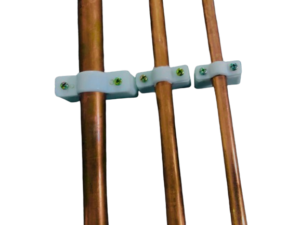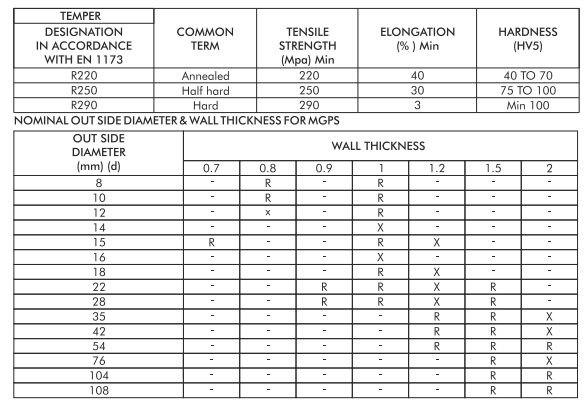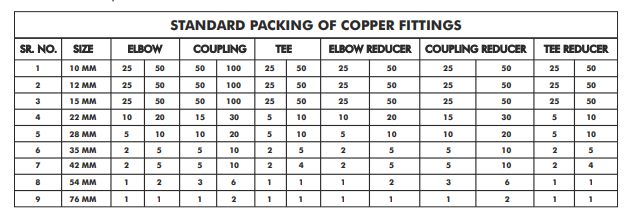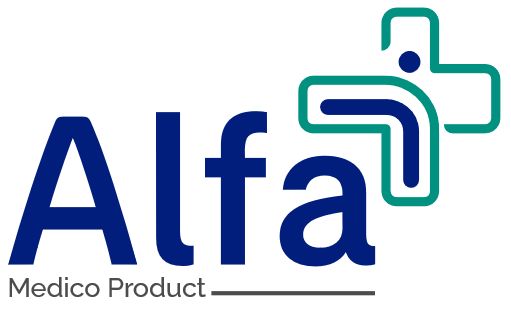Copper tube

Copper tube is a versatile piping material used in medical gas (MGPS), and other applications. It is known for its durability, corrosion resistance, and ability to be joined using a variety of methods.

Note 1: Hardness figures in parentheses are not requirements of this European standard but are given for guidance purposes only.
Note 2: 1 MPa is equivalent to 1 N/mm²

The Vital Role of Medical Gas Piping Systems (MGPS)
In today’s healthcare landscape, a centralized Medical Gas Piping System (MGPS) is no longer a luxury – it’s an essential life support infrastructure. This intricate network acts as the backbone for delivering critical medical gases, directly impacting patient care and well-being.
The Heart of Patient Care:
Medical gases are the lifeblood of modern medicine, playing a crucial role in various procedures and treatments. From oxygen that sustains life to anesthesia that facilitates surgery, these gases have a direct influence on a patient’s survival.
Precision Delivery:
The MGPS is meticulously designed and engineered to ensure the precise delivery of the right gas at the right time. This complex system guarantees the correct pressure and flow rate, ensuring the effectiveness of the medical gas during critical situations.
Beyond Convenience:
The benefits of an MGPS extend far beyond mere convenience. This system plays a vital role in maintaining hygiene, especially in high-risk areas like operating theatres (OTs), intensive care units (ICUs), intermediate care units (ICCUs), and nurseries. By eliminating the need for cumbersome gas cylinders, the MGPS fosters a cleaner and more streamlined environment.
Uninterrupted Support:
Imagine the anxiety of a caregiver facing a life-threatening situation without a steady supply of medical gas. An MGPS guarantees an uninterrupted flow of life-saving oxygen, along with a reliable vacuum facility, empowering medical professionals to focus on saving lives without any hindrances.
Safety First:
The core principle of an MGPS is safety and effectiveness. This system is meticulously designed to deliver medical gases from the source to the patient via a dedicated terminal unit. Each gas has its own separate, gas-specific system, eliminating the possibility of cross-contamination, a critical safeguard for patient safety.
By implementing a centralized MGPS, healthcare facilities can ensure the well-being of their patients, empower their staff, and create a more efficient and controlled environment for delivering the highest quality of care.
